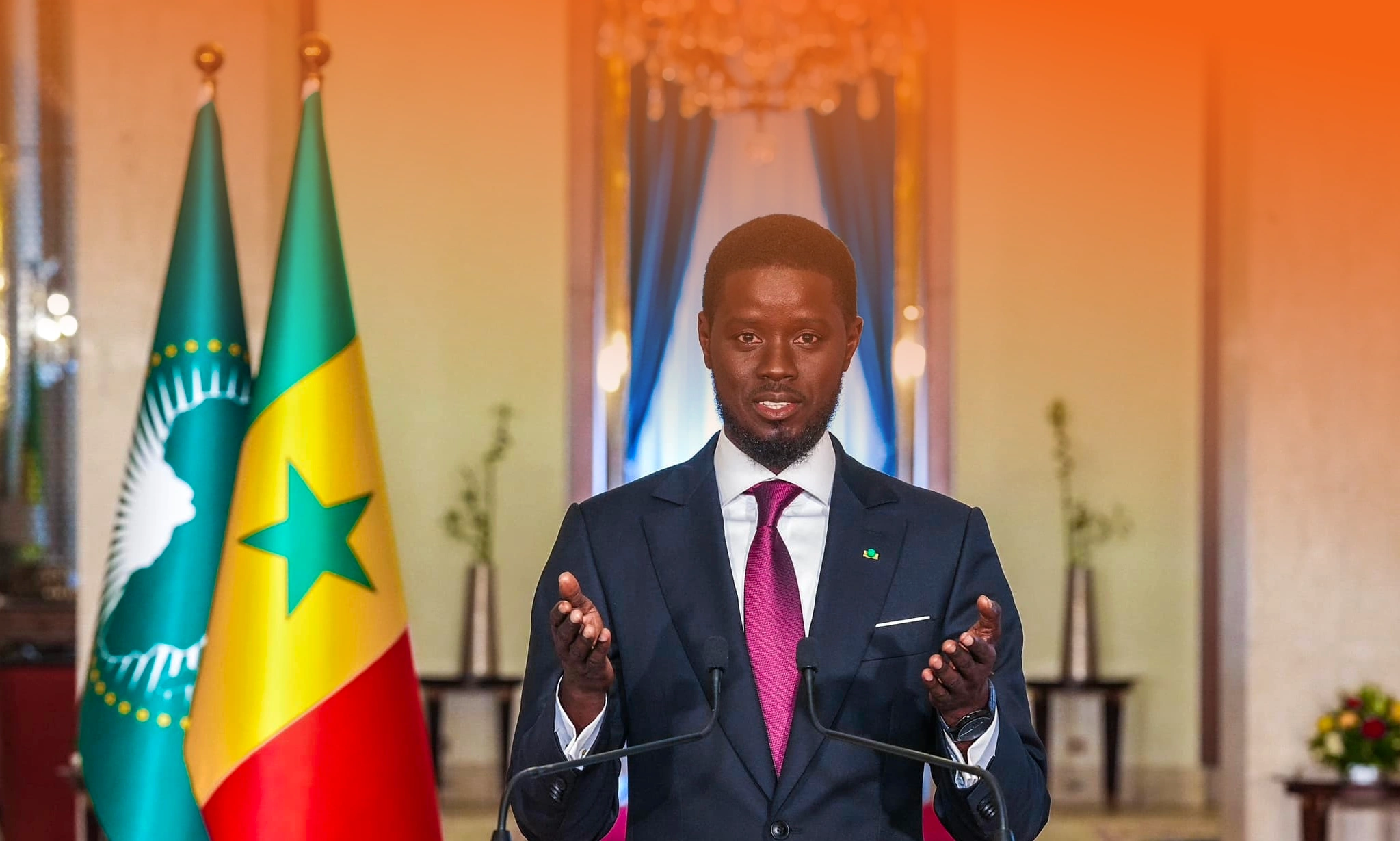
Since being sworn in as Senegal’s fifth president on April 2, President Bassirou Diomaye Faye has embarked on a transformative journey to reshape the country’s political and economic landscape. His administration places a strong emphasis on national sovereignty, transparency, and social policies, seeking a decisive shift from the administration of his predecessor.
Renegotiating resource contracts : A bold move
A central pillar of Faye's agenda is the renegotiation of contracts in critical sectors like oil, gas, mining and fisheries. To achieve this, a special commission has been established to review these agreements, with the ambition breaking away from past practices often accused of favoring foreign interests at the expense of national benefits. While many Senegalese citizens are optimistic about this push for economic fairness, others express concern over the potential complexities and economic implications of these renegotiations.
This approach aligns with precedents set by countries like Tanzania and Guinea, where similar efforts have led to more equitable terms. Internationally, the reaction has been cautious; some investors are wary of the increased scrutiny and possible changes to the investment landscape, while others see an opportunity for a more transparent and stable environment.
Economic policy : Addressing social needs without unbalancing public finances
Beyond resource management, Faye's government is tackling economic challenges, particularly stabilizing the prices of essential goods. This includes temporary price cuts on food items in response to public demands during the presidential elections. The government’s approach to economic policy will be crucial in determining the long-term success of these measures. Striking a balance between providing immediate relief and implementing sustainable strategies is vital. An over-reliance on subsidies could strain public finances, potentially triggering unintended outcomes like inflation or diverting investments from other critical sectors.
Reshaping governance : prioritizing national interests
Faye has also marked a decisive evolution by promoting national companies to enhance Senegal’s control over its natural resources. This move resonates strongly with citizens who have long expressed their frustration at what is perceived as an outflow of national wealth to foreign entities. It sends a clear signal that Senegal is ready to challenge existing power dynamics and advocate for fairer deals, at the risk of undermining certain foreign investments.
Audits and transparency initiatives
To further reform governance, Faye's administration has initiated audits across various sectors to address mismanagement and corruption. The establishment of the Financial Judicial Pool (PJF), which focuses on prosecuting financial crimes, along with the introduction of four new laws designed to promote transparency, underscores the government’s commitment to accountability. However, while these measures have raised hopes for a more equitable economy, delays in project implementations have sparked concerns about the administration’s ability to deliver on its promises.
Regional leadership
Faye's administration is not only reshaping the domestic sphere but is also taking on a regional leadership role within the Economic Community of West African States (ECOWAS). Senegal’s assertiveness in advocating for greater autonomy and resource control could serve as an inspiration for other nations of the region, in a context where several countries, notably those forming the Alliance of Sahel States, are advocating for radical autonomy from Western countries, sometimes at the cost of abrupt diplomatic, political, and military ruptures. However, this stance may also pose challenges when dealing with international stakeholders who might resist changes affecting their interests. Senegal's experience under Faye’s leadership will be closely watched across the continent, potentially influencing governance and economic development in other African countries.
"Pragmatic sovereignism" : balancing national and international interests
At the core of Faye's "pragmatic sovereignism" is a strategy to assert national control while constructively engaging with international partners. The success of this approach depends on the government’s ability to carefully balance domestic and international expectations through clear communication and skilled negotiation. With an anticipated parliamentary election on 17 November following the dissolution of the national assembly, President Faye will need to secure a parliamentary majority to advance his reform agenda and further his ambitious agenda for emergence. Faye style.

